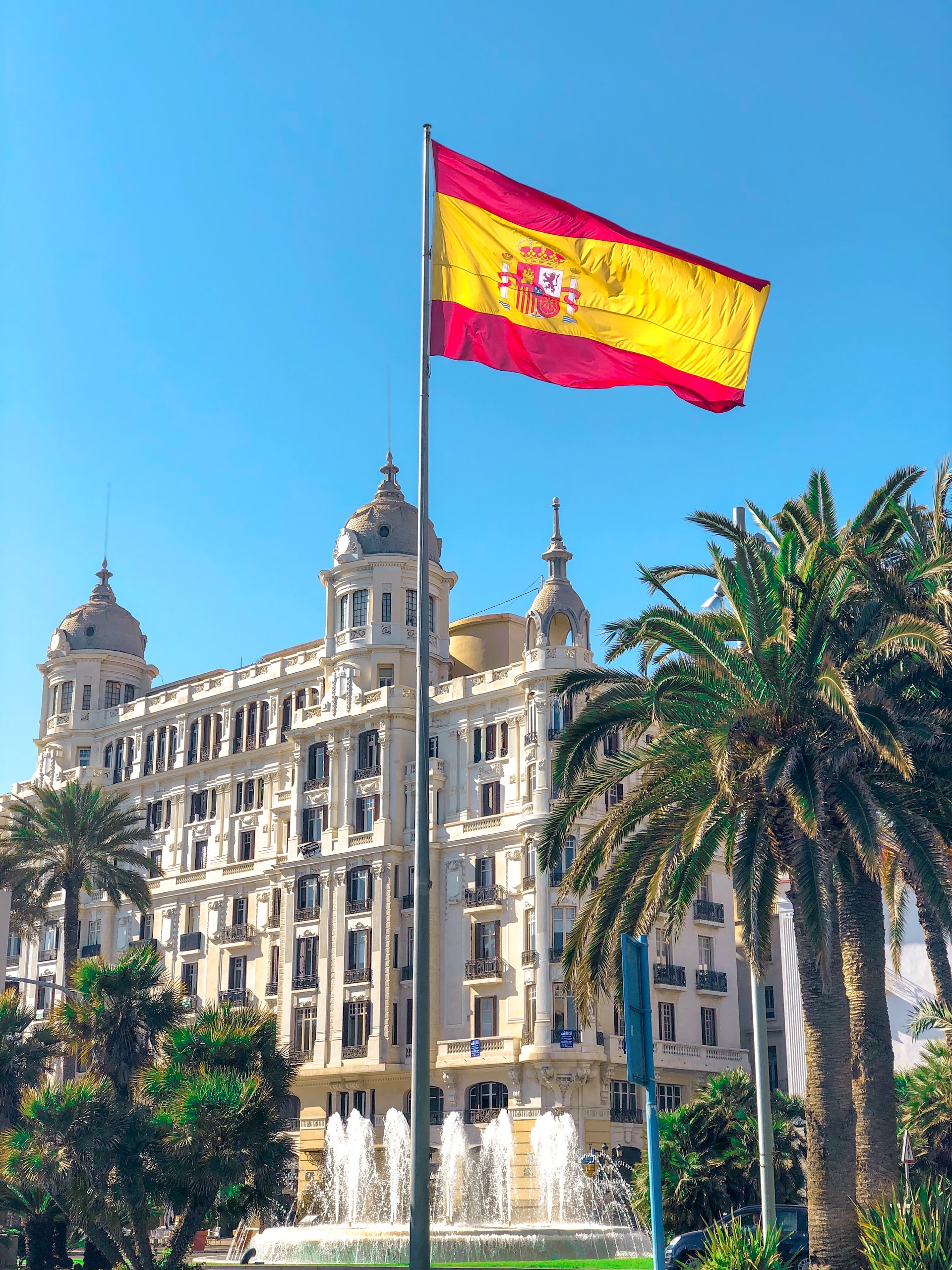The government policy of Spain on foreign investment and the role of Invest in Spain have been instrumental in attracting and facilitating foreign investments into the country. The recent investments of importance, such as Equinor's offshore wind projects, Volkswagen's electric vehicle development, and Amazon's Web Services infrastructure expansion, are evidence of the success of these policies and Invest in Spain's efforts. As Spain continues to prioritize and streamline foreign investment initiatives, it can expect further economic growth and development, offering new opportunities for both local and international investors. Ultimately, the ongoing commitment to attracting foreign investment and improving the business environment will contribute to a more prosperous and globally competitive Spain, fostering a culture of innovation, collaboration, and sustainable progress. By maintaining a proactive approach to attracting foreign investment and continually enhancing the investment climate, Spain can look forward to increased economic opportunities, job creation, and a stronger position within the global market.
Government Policy on Foreign Investment
The government of Spain has implemented policies aimed at fostering a business-friendly environment and attracting foreign investment. These policies focus on the following key areas:
- Market Liberalization: Spain has gradually liberalized its economy, opening up various sectors to foreign investment, reducing bureaucratic barriers, and simplifying investment procedures.
- Investment Incentives: The government offers a range of incentives to foreign investors, including tax incentives, financial support, and streamlined approval processes.
- Development of Special Economic Zones (SEZs): Spain has established several SEZs, including Free Trade Zones and Technology Parks, offering a host of benefits to foreign investors, such as tax incentives, infrastructure support, and simplified regulatory procedures.
- Focus on Key Growth Sectors: The government has identified several key growth sectors, including renewable energy, information technology, tourism, and advanced manufacturing, as priority areas for foreign investment.
The Role of Invest in Spain
Invest in Spain is the official government agency responsible for promoting and facilitating foreign investment in the country. The agency plays a vital role in implementing government policies and strategies aimed at attracting foreign investment. Key functions of Invest in Spain include:
- Providing information and support to potential investors: Invest in Spain serves as a liaison between foreign investors and the Spanish government, offering relevant information about investment opportunities, incentives, and the overall investment climate.
- Facilitating investment procedures: Invest in Spain assists investors in obtaining the necessary permits, licenses, and approvals required to set up a business in Spain. It also helps navigate the administrative processes and provides support throughout the investment lifecycle.
- Advocating for policy improvements: Invest in Spain engages with stakeholders, including investors, government agencies, and business associations, to identify areas for improvement and advocate for policy reforms that enhance the investment climate.
Recent Investments of Importance
Spain has attracted substantial FDI in recent years, with several significant investments contributing to the country's economic growth. Some noteworthy investments include:
- Investments in the Renewable Energy Sector: In 2021, Norwegian energy company Equinor announced plans to invest around €1 billion in developing offshore wind projects in Spain.
- Investments in the Automotive Sector: In 2021, Volkswagen Group announced plans to invest €7 billion in its Spanish subsidiary, SEAT, to develop electric vehicles and establish a battery production facility in Spain.
- Investments in the Technology Sector: In 2020, Amazon announced the expansion of its Web Services infrastructure in Spain with a new region in Madrid, representing an investment of over €2.5 billion.
Related Information













